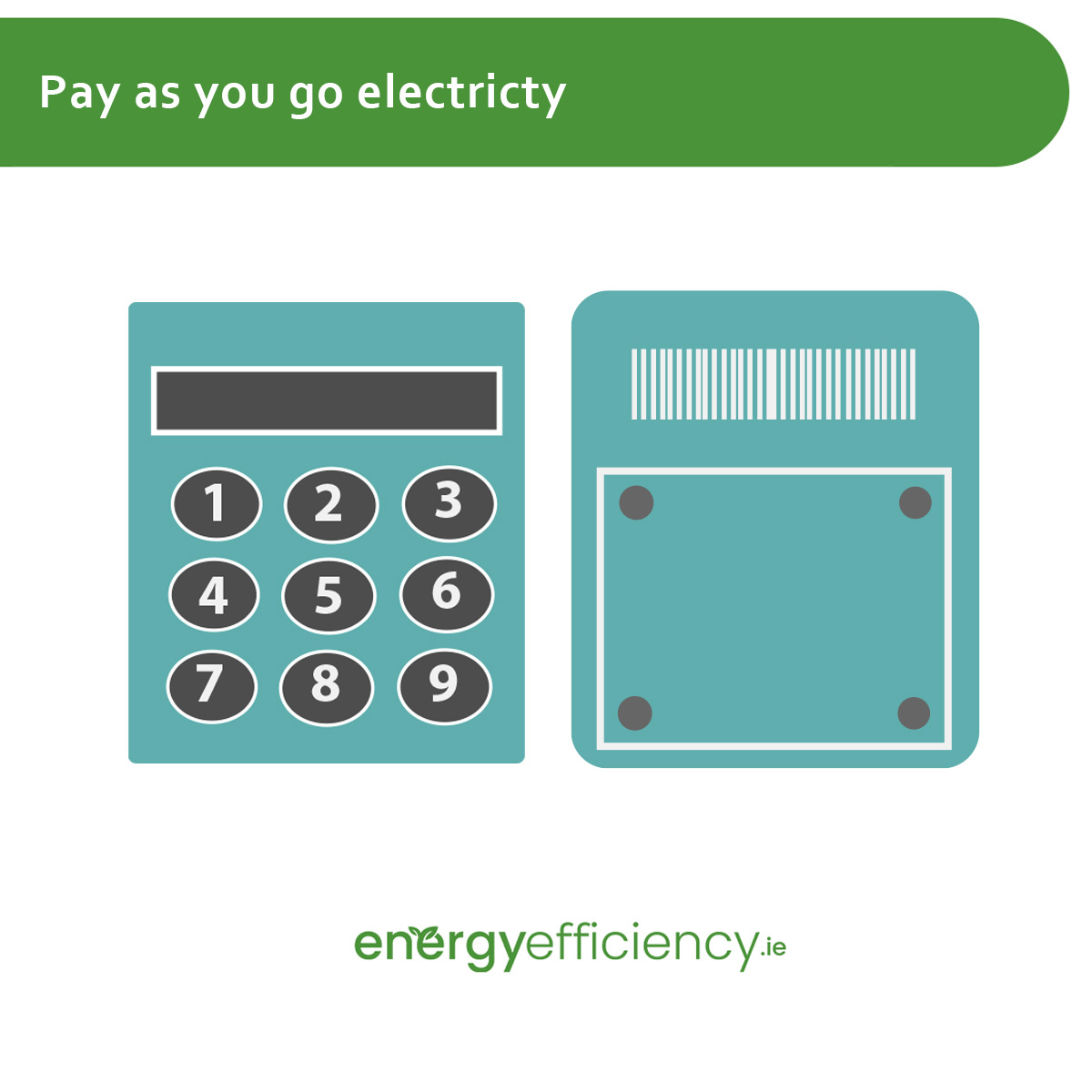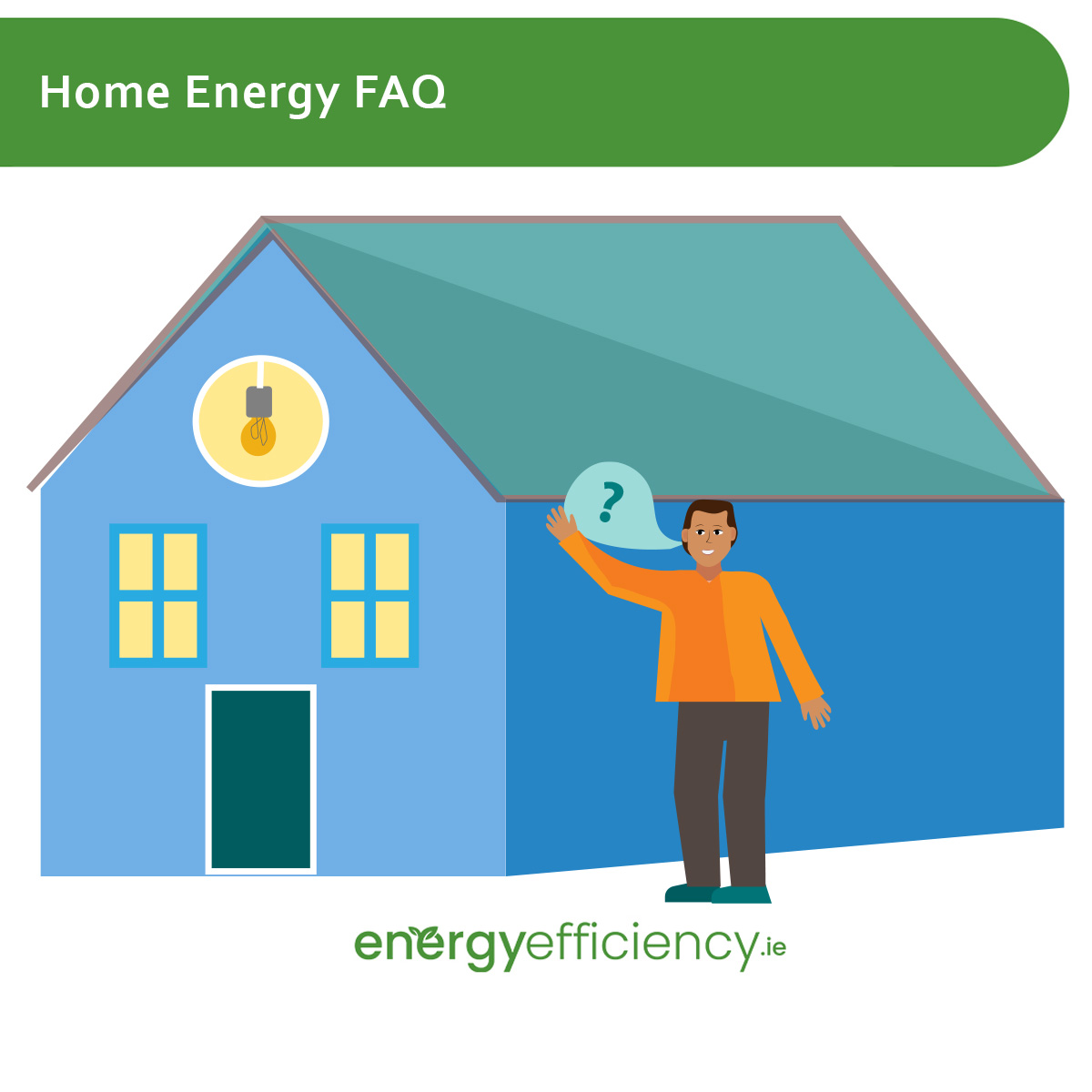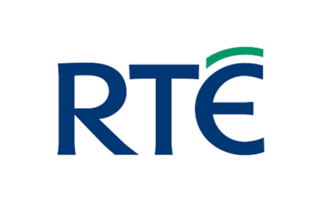When switching electricity providers, or choosing for the first time, the incredible number and variety of plans available can be confusing and intimidating.
Electricity plans these days come in many different forms based on the type of meter you have, the different time-of-use tariffs, how customers are billed, fixed or variable prices, and more.
Here we break down the different types of plans available to customers, and how they best relate to your electricity needs.
Standard and Smart Meters
The type of electricity plan a customer can get is limited by the type of meter they have. Standard meters, either digital or analog, record the amount of electricity being used in your house but don’t do anything with that data. A standard meter will have either one display, or two for day and night usage.
It’s up to the owner or resident of the property to submit readings from the meter to the electricity company to get accurate bills, or else they will send estimated bills.
Standard Meters are limited to 24hr or Day/Night electricity plans, as they cannot record time of use more accurately.
Smart meters are digital meters which take regular readings and submit them to the electricity provider. This removes the need for users to take readings and allows for more accurate bills.
Smart meters enable homeowners to avail of 24hr, Day/Night, Day/Peak/Night, or Day/Peak/Night/EV plans with a wider range of tariffs available for different times of the day.

Varieties of Electricity Tariffs
There is a wide range of electricity plans available with different tariffs for the time in which electricity is used along with other factors. Plans with multiple brackets for different prices will typically be more expensive during times when the most electricity is used, and offer cheaper rates during hours of lower demand.
Choosing the Right Electricity Tariff
The most important thing to consider when looking at different electricity plans is how they match your electricity usage and financial needs. There is no point getting a Night Boost plan if you don’t use any electricity late at night, or a weekend discount plan if you consume most electricity during the week.
Before switching plans it would be advisable to get a breakdown of how and when electricity is used in your home to find a tariff which suits your needs.
Variable or Fixed Rate Plans
Electricity Plans typically come in one of two categories, variable or fixed rate plans. Either of those can encompass 24hr, Nightsaver, or Smart plans.
They are fairly self-explanatory. In fixed rate plans the electricity rates paid by a customer are locked in place for the duration of the contract period. In variable rate plans the rates may increase or decrease during the contract as set by the supplier.
There are different benefits and costs associated with both fixed and variable plans.
Green Electricity Plans
As people are becoming more conscious of how their electricity is generated, some providers may advertise specific Green electricity plans. These intend to guarantee that all of the electricity a customer uses was generated from renewable sources such as wind or solar power.

Dual Fuel Plans
Providers such as Bord Gáis or Flogas, which offer both electricity and gas, also advertise Dual Fuel plans. These combine electricity and gas into a single plan, and may offer better rates or added discounts compared to just purchasing electricity on its own.
Electricity Plan Billing
There are multiple ways to receive the bill for your electricity plan and multiple ways in which it can be paid. These will affect the price of your electricity, and which plans are available.
Typically, electricity providers offer better discounts for customers who avail of direct debit payments on online billing to reduce paper and hassle. Some plans may only be available to people who go with one of both of those options.
Other electricity providers may offer options for postal billing and payment on receipt of the bill, but these are becoming more expensive options on the whole.
Pay as You Go Electricity
A small segment of the market is for Pay-as-You-Go Electricity, which allows customers to top up their meter as they choose rather than paying monthly or bimonthly bills. This different payment option may fall into any of the existing categories for time of use electricity tariffs.

FAQs










